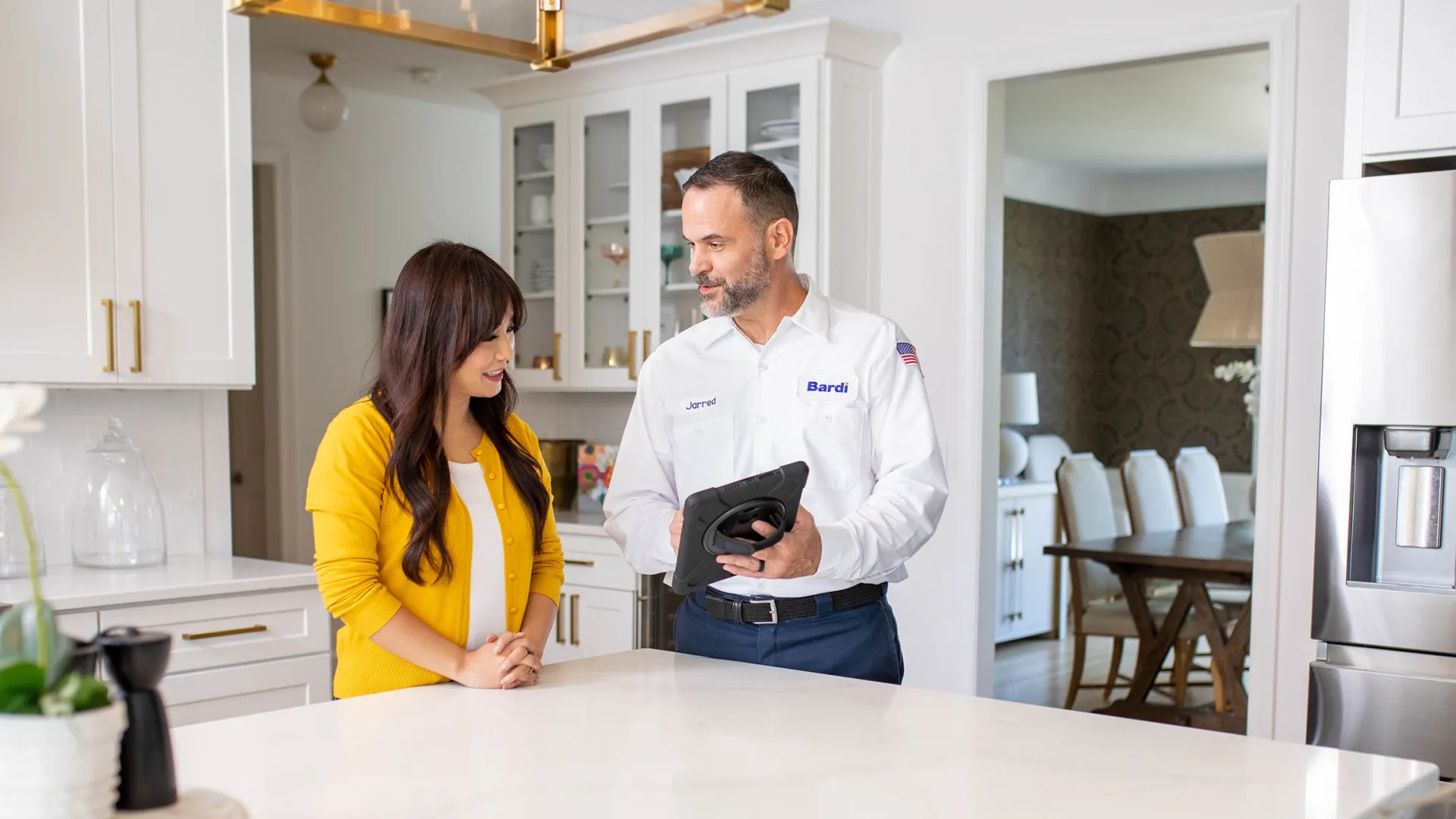
Trusted Air Conditioning, Heating, and Plumbing Experts
Do it Right - Go with Bardi.
Serving Greater Atlanta Since 1989
For 35 years, Bardi has called Georgia home. We know what it's like to deal with hot Atlanta summers, plumbing emergencies, and heating or water issues in our own homes - today, we're still a locally owned and operated company that knows how important it is to keep our neighbors comfortable.

Professional Technicians
Our technicians are highly-trained, licensed, and experienced pros with an eye for quality and a heart for customer service

Manufacturer Certified
Certified in Carrier, Goodman, Bradford White, Navien, and many others, we expertly service all your mechanical systems

Neighborhood Roots
As a locally-owned and operated company, we love the city we call home and bring personalized care and friendly service to every job

Same-Day Service
With technicians stationed across Atlanta, we're able to provide the speedy service your home needs, often within a few hours
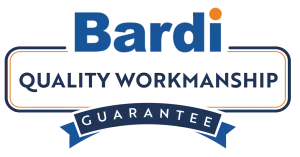
You don't have to worry whether our work will keep your home functional and comfortable. Our Quality Workmanship Guarantee ensures that every project we take on has to live up to the highest standards - and if our work isn't first-class, we'll make it right.
Whole-home services that keep you comfortable

Air Conditioning

Heating

Plumbing

Water Heaters

Clean Air & Water

Smart Home
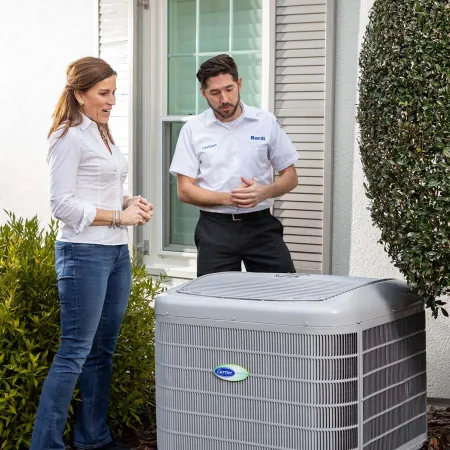
For all your Air Conditioning needs, Bardi has you covered. We offer same-day service, 7 Days a week for AC repairs, efficient heat pump solutions, and reliable AC system installations. Our services also extend to annual maintenance to keep your system running smoothly and ductless mini-split setups for customized comfort. With transparent pricing and a 5-year warranty on repairs, you can trust us for quality service and durable solutions.
Whether it's AC Repairs, New Installations, or Maintenance, We've Got You Covered.
Specials & Offers
Service Discount
$79.99
MULTI-POINT COOLING SYSTEM TUNE-UP SPECIAL
New Equipment Offer
$99.99/mo.
COMPLETE HEATING & COOLING SYSTEMS PROFESSIONALLY INSTALLED
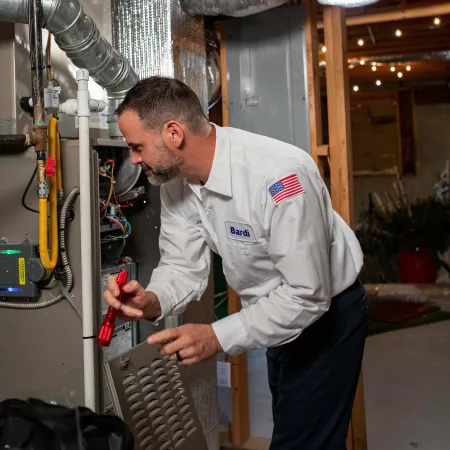
For all your heating & air needs, you're in good hands with Bardi. We offer furnace repair, meticulous installations for top brands, and our techs across Atlanta are always ready to help. We provide comprehensive heating maintenance and efficient heat pumps to suit your home's needs. Our insulation services aim to improve your home's comfort and save on energy bills. With transparent pricing and a 5-year warranty on repairs, we make it easy to keep your home warm and your costs down.
Comprehensive Heating Solutions: Furnace Repairs, Installations, and Energy-Saving Services.
Specials & Offers
Repair Discount
$88 OFF
SAME-DAY HEATING & AIR EMERGENCY SERVICE
New Equipment Offer
$49.99/mo.
NEW HIGH-EFFICIENCY FURNACE INSTALLED SPECIAL
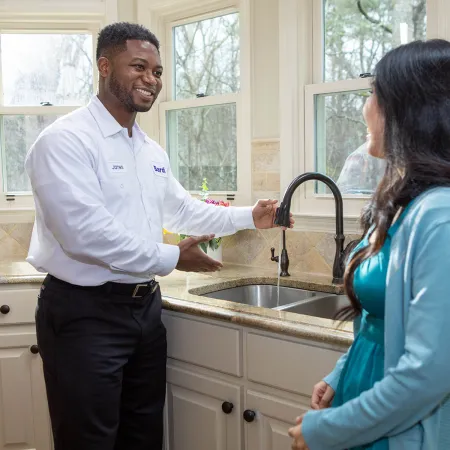
For both residential and commercial plumbing needs, Bardi is the team to call. We provide same-day service, including drain cleaning, sewer repairs, leak detection, pipe repair, fixture replacement and more. We use only the best products and materials, promising quality and durability. Plus, with our transparent pricing and a 2-year warranty on repairs, you can trust us to handle your plumbing issues with expertise and care.
Expert Plumbing Services: From Drain Cleaning to Fixture Installations, We Handle It All
Specials & Offers
Professional Drain Cleaning
$93 or it's Free
$93 DRAIN CLEANING WITH CAMERA INSPECTION SPECIAL
Sewer Line Replacement
$500 Off
SCHEDULE FREE CONSULTATION FOR SEWER REPAIRS
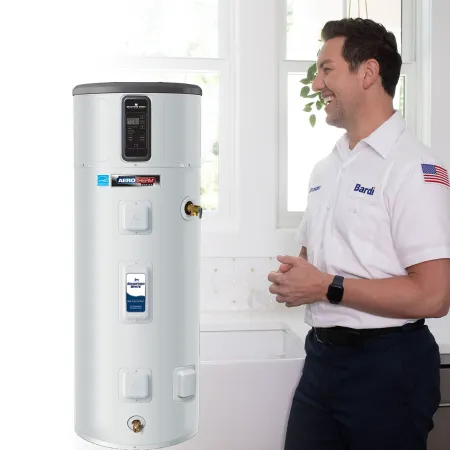
If your water heater needs to be repaired or replaced, you can count on Bardi for reliable solutions. We offer standard tank, tankless water heaters, and high-efficient heat pump water heaters. We install top brands like Navien and Bradford White, all backed by a solid 6-year warranty. Take advantage of our same-day free consultations for water heater replacement. Trust our licensed plumbers for fast, same-day service throughout Atlanta.
Reliable Water Heater Services: Repair and Replacement Solutions for Your Home & Business
Specials & Offers
Water Heater Special
$27.99/mo.
New High-Efficiency Water Heater Professionally Installed
Tankless Water Heaters
$500 Off
New High-Efficiency Tankless Water Heaters Installed
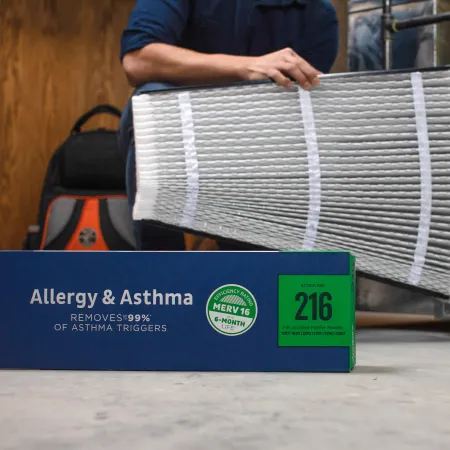
Improve your home's air and water with Bardi's practical solutions. We offer Air Purifiers & Filtration Systems, Humidifiers & Dehumidifiers, Duct Cleaning and Water Filtration Systems to help you breathe easier and drink cleaner. Our team is here to create a customized plan for you, from water filtration to air purification. Get better air quality and ideal moisture levels in your home. Plus, take advantage of a free consultation to find the right solutions for your space.
Clean Air & Water Solutions for Homes and Businesses by Bardi
Specials & Offers
Service Discount
$88 OFF
SAME-DAY HVAC & INDOOR AIR QUALITY SERVICE
SPECIAL FINANCING OFFER
4.99% APR*
LOW APR ON CLEAN AIR & WATER HOME UPGRADES

Upgrade your home with Bardi's smart solutions. We offer the Nest Gen 3 Learning Thermostat and the Ecobee Smart Thermostat, along with the Moen Smart Water Monitor & Shutoff, and efficient Wi-fi enabled Tankless Water Heaters. These smart devices are more than just gadgets; they're practical tools designed to save you money. Bardi's technicians receive ongoing training on these innovations, ensuring you get the most out of your smart home upgrades.
Upgrade to Smart Comfort: Bardi's Practical Smart Home Devices
Specials & Offers
SERVICE DISCOUNT
$88 OFF
SAME-DAY HVAC & SMART HOME SERVICE
TANKLESS WATER HEATERS
$500 OFF
New High-Efficiency Tankless Water Heaters Installed
There's nothing like having a friend who drives a Bardi service truck!
Join the Friends of Bardi Membership Program to enjoy exclusive benefits: three annual visits, priority scheduling, special discounts, extended warranties, and a guarantee of 100% satisfaction.

Flexible Financing Plans
For Your Home Upgrades
- Quick Credit Approvals
- No Prepayment Penalties
- From Minor Repairs to Major Upgrades
- As Low as 4.99% APR
- Terms from 12-180 Months

Your Comfort.
Our Commitment.
Dedicated to improving the lives of our Atlanta families, employees, and community for over 35 years.
Meeting Your Home's Needs
Bardi Knows Just What Your System Needs, & How To Do it Right
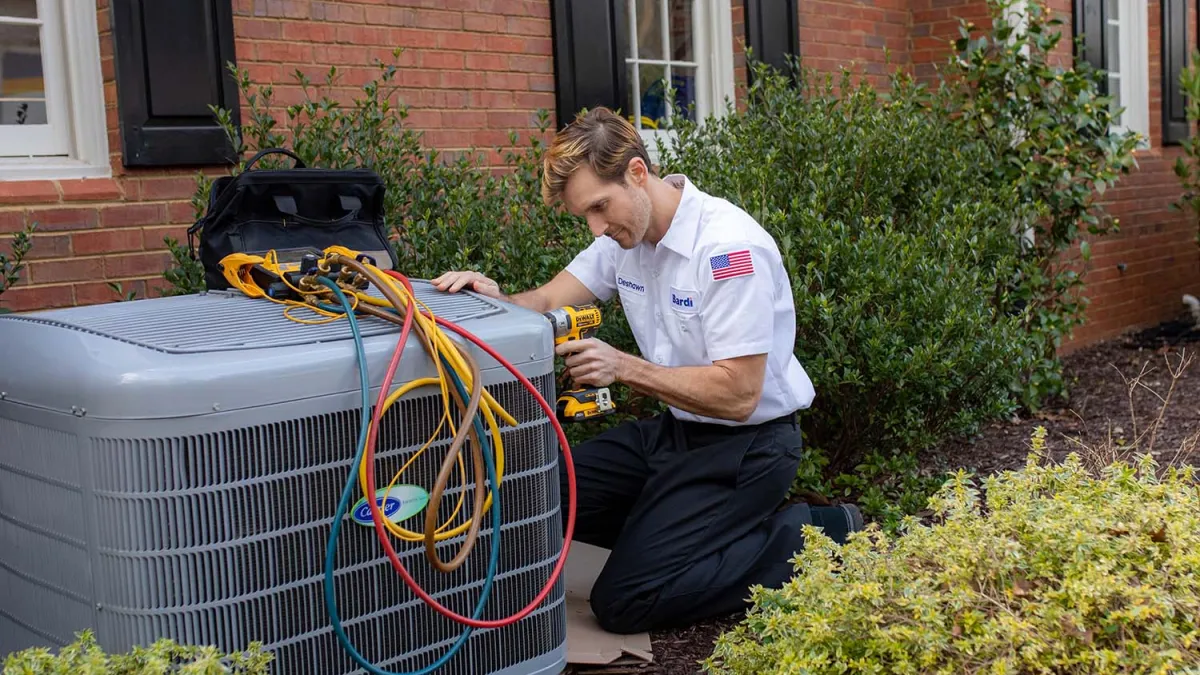
Repairs
Fast, High-Quality Repairs That Get You Back to Comfortable
When your HVAC unit, water heater, furnace, plumbing system, or any other system in your home goes out, we understand why you need a quick, high-quality solution. Our technicians are specially trained to handle all kinds of repairs on your home's systems, and will always make sure the job gets done right the first time.
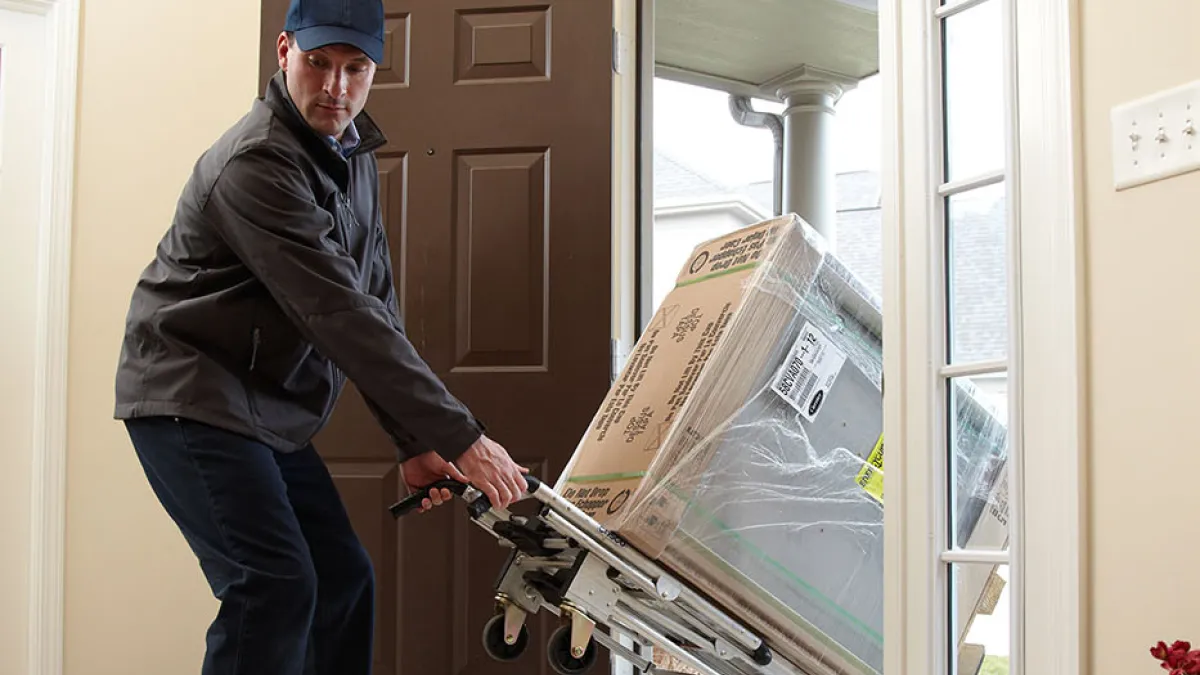
Installations & Replacements
Dependable & Durable Equipment, Installed With Care
Not happy with your current plumbing, HVAC, heating, or electrical systems? We offer custom installation and replacement services that will address any and all of the unique needs of your property. With our eye for detail, top-of-the-line products, and best-in-class warranties and guarantees, we're sure to provide a solution that'll satisfy.
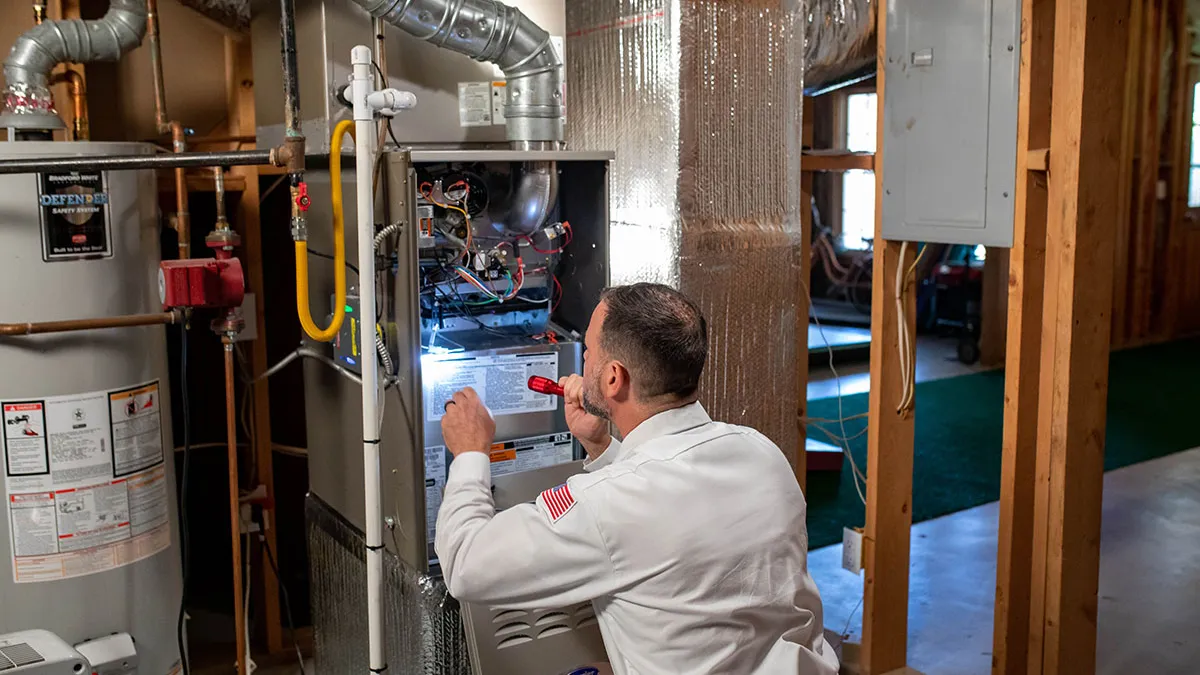
Maintenance
Extend the Life of Your System & Lower Your Bills
One of the best ways to stay comfortable is by routinely maintaining your home's heating, cooling, or plumbing systems; take maintenance off your plate with our affordable maintenance plans! We visit thousands of Georgia homes each year to ensure that their systems are running smoothly, safely, and efficiently.
Reviews From Our Customers
Here’s What Our Atlanta Area Neighbors Are Saying About Bardi Technicians and Services
Sheila B.
Julie G.
Laura M.
Mary F.
Jon J.

Convenient Online Scheduling, Plus Realtime Technician Tracking
Bardi leverages the newest technologies to make it easy for you to schedule same-day service and check on your technician's progress, even from your phone!
Making Homes Better Across All of Metro Atlanta
Bardi Technicians Serve Their Neighbors. Connect with our local teams.






